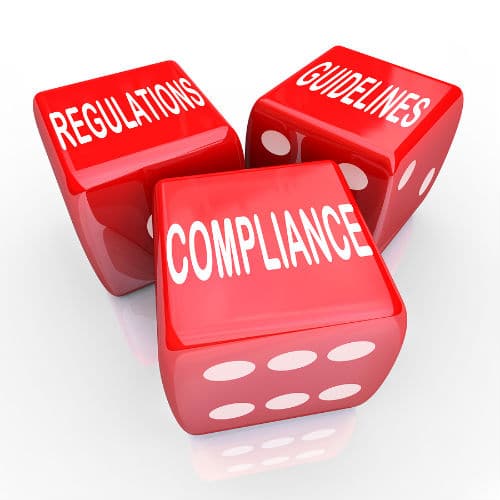Have you ever been harassed by a bill collector because of a past due bill? If the answer is ‘yes’, the bill collector is in violation of a Federal law. The Federal Trade Commission (FTC) is the country’s consumer protection agency and enforces the Fair Debt Collection Practices Act to prevent “abusive, unfair or deceptive practices to collect from you”.
As reported in the Federal Trade Commission Annual Report 2010, FTC officials found that the number of complaints aimed at debt collectors rose 17 percent from 2009 to 1010, totaling 140,036 complaints. Thousands of consumers are being harassed by debt collectors but only a small percentage actually do anything about it.
If the bill collector has threatened to publish your name because of an outstanding debt, claims that you have committed a crime, or uses obscene and profane language when communicating with you, they are breaking the law and it’s imperative that you know how to assert your rights.
Asserting Your Rights When Dealing with Creditors
If you find that you are being harassed by a bill collector, the first and foremost thing you need to do, in asserting your rights, is to prepare what’s called a “Cease contact” or “Cease and desist letter,” to end that harassment. You have to send it certified, return receipt requested. And in essence, this is a letter that says, “I hereby assert my rights under the Fair Debt Collection Practices Act, to request that you do not call me at home or at work, any more in the future.”
When the debt collector receives this letter, they are obligated to honor your request and must make every attempt to stop calling you or contacting you.
One of the most powerful areas of the law, as it pertains to this act, comes with regard to a debt verification letter. Section 809 of the FDCPA covers the topic of debt verification, also known as debt validation. When a bill collector calls you, you need to immediately write a debt verification letter to that individual. This letter needs to ask, what the debt is, and what specifically they are requesting.
Your letter needs to include the following critical things:
- Proof that the company actually owns this debt or has been assigned the debt.
- A copy of the original signed credit agreement or application.
- Complete payment history records, starting with the original creditor
Make your debt verification letter even stronger by asking them exactly how they calculated how much debt is owed, and to provide copies of all original loan papers. You need to make sure you let them know that you are serious about getting this debt settled only if they can verify their claims.
Determining Whether Your Rights Have Been Violated
The Fair Debt Collection Practices Act states that certain activities and behaviors of debt collectors are completely off limits. Debt collectors are not allowed to harass, abuse or oppress the individuals that they are assigned to contact at any time, and the FTC has set some specific guidelines on what is and isn’t acceptable. For example, under the Fair Debt Collection Practices Act, a debt collector is not permitted to do any of the following:
- Say that you will be arrested if you don’t pay your debt
- Claim they will seize, garnish or sell your property or wages (unless they are permitted by law to do so)
- Use a false company name to contact you
- Give false credit information about you to anyone
- Call you before 8 a.m. and after 9 p.m.
- Deposit a post-dated check early
If you feel that your rights have been violated, you also have the right to sue the debt collector for the violation of law within one year from the date the law was violated. If you win your case, the judge may require the bill collector to pay you a certain amount in damages.








